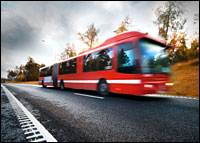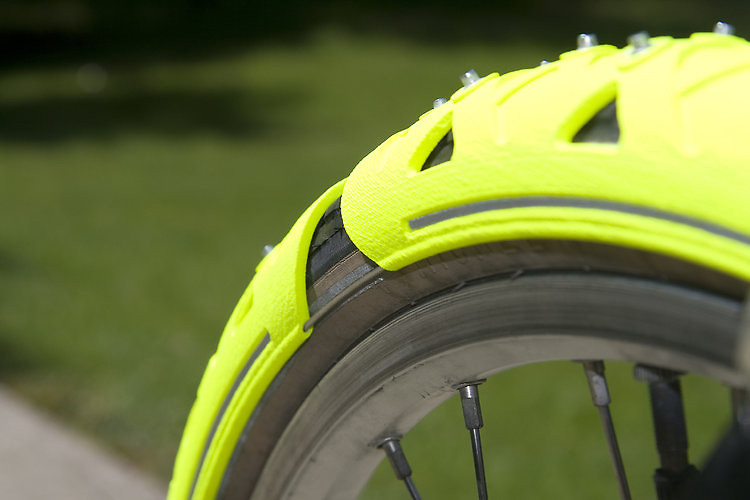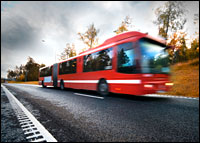
If only they moved this fast!
When riders are spurned by bad transit service, specifically late buses and trains, they switch to other modes of transportation entirely, according to new research from the University of California at Berkeley. From the Governing blog:
One statistic in the study stands out in particular and should give transit agencies pause: More than half of the riders said they had reduced their use of public transportation specifically because of its unreliability. Most of them didn’t just make fewer trips overall; rather, they switched to other modes of transportation to fill the void.
That’s significant because transit agencies and advocates alike place a heavy emphasis on courting so-called “choice riders” — those who have other options besides public transportation, but for one reason or another choose it anyway. The lesson from the researchers is that quality of service is important, and if it declines, choice riders don’t mind finding alternatives. Unlike commuters who travel by car and have few options when it comes to changing their routes, some transit riders do have flexibility. And that flexibility can work against transit agencies if their services becomes too unreliable.
Riders were especially annoyed by delays that seemed to be the transit agency’s responsibility. But crowded trains? Delays due to traffic? Not so annoying.
The study was conducted in San Francisco, where the Muni system has a track record of inflating its on-time performance rates and riders don’t have many good things to say. The system’s unreliable NextBus info is a particular source of headaches for many. (If you’re planning to take the 3 today, you’ll be waiting a while …)
It looks like NextBus and similar apps don’t mollify riders left waiting in the cold. The study found that smartphone owners are less likely to take transit altogether. “The reason for this is unclear,” according to the research.
Here’s a wild guess: People with the means to afford smartphones also have the means to grab a cab when need be.



